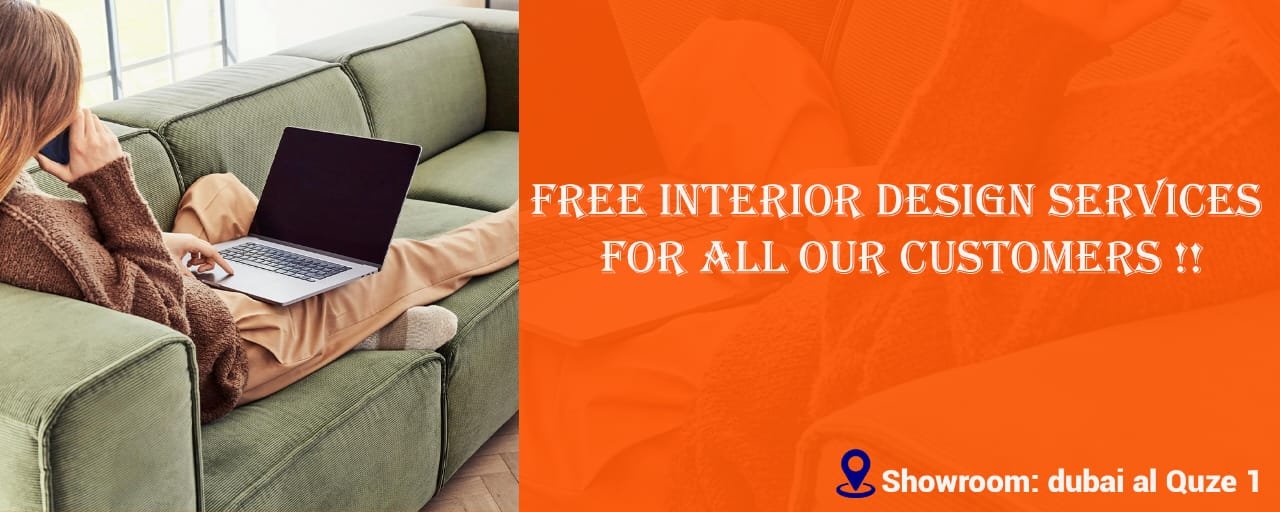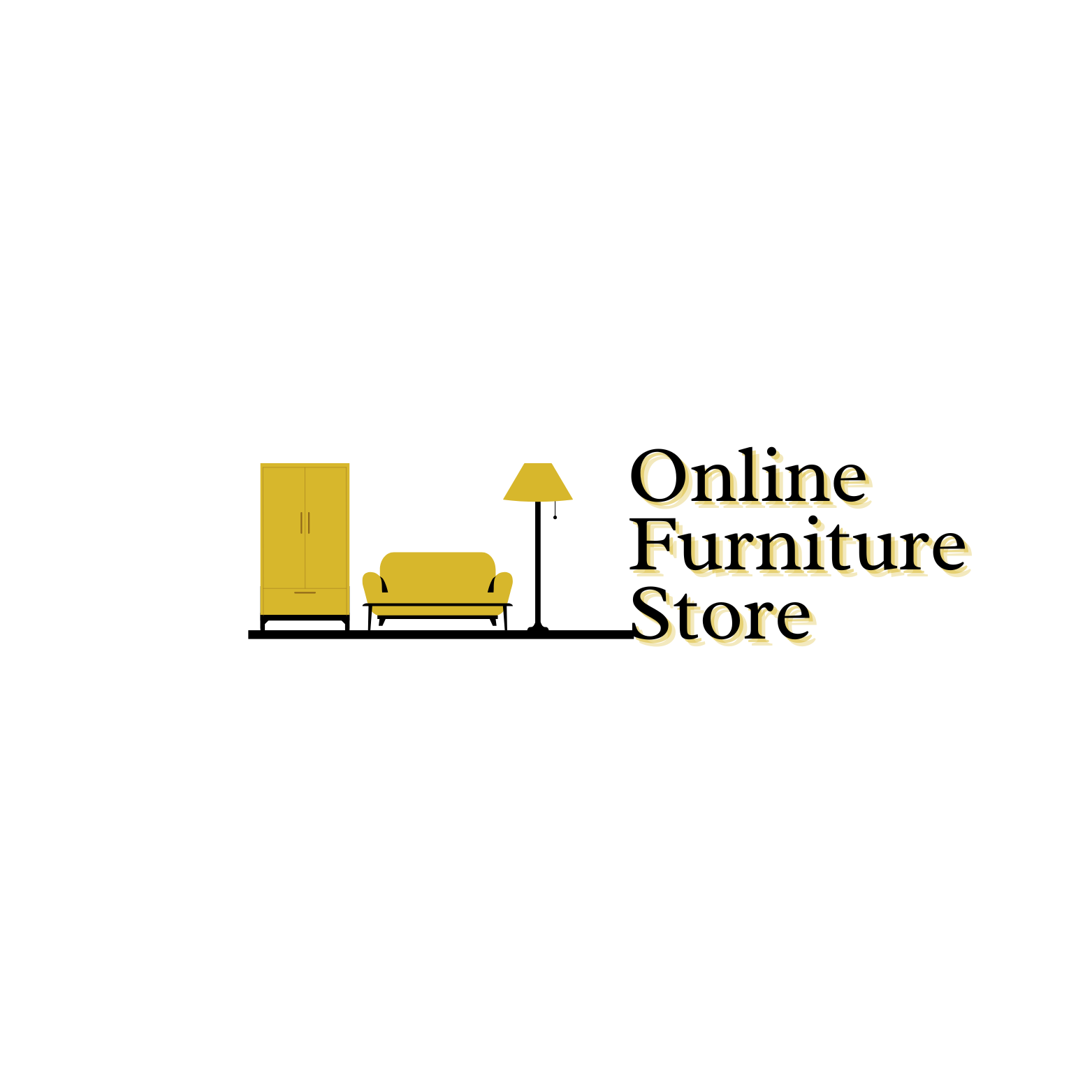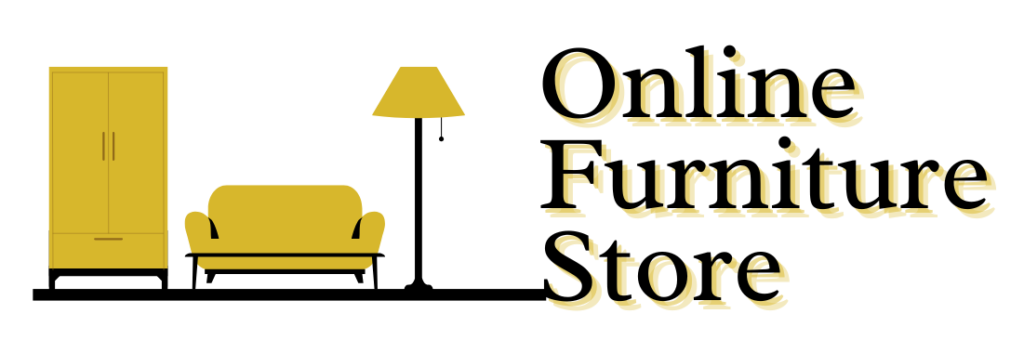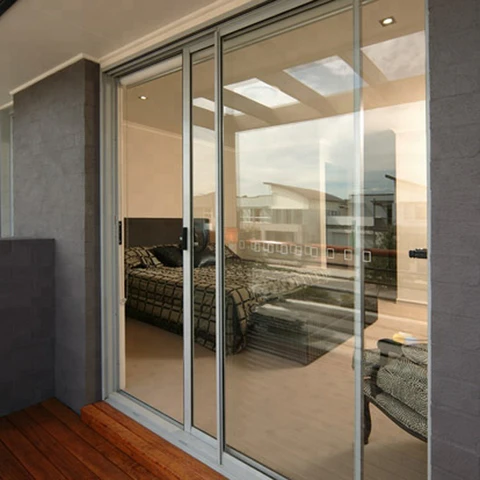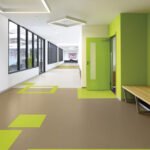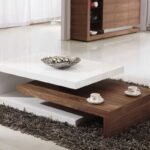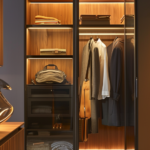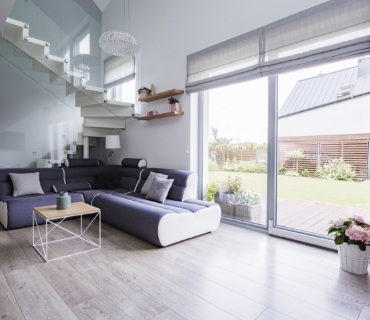Dubai’s architectural landscape is a symbol of innovation, luxury, and functionality. With contemporary designs dominating residential and commercial spaces across the city, the demand for smart, space-saving interior features is at an all-time high. Among these, sliding doors in Dubai have become a staple in both modern villas and high-rise apartments, offering a sleek and practical alternative to traditional hinged doors.
From glass sliding doors in Jumeirah Beach Residence to wooden dividers in Emirati villas, the versatility and design flexibility of sliding doors make them one of the most sought-after interior elements in the UAE.
In this article, we explore the growing popularity of sliding doors in Dubai, their various types, applications, and benefits, as well as how they are transforming both residential and commercial environments across the city.
What Makes Sliding Doors Ideal for Dubai Homes and Offices
Sliding doors have found widespread appeal in Dubai due to their ability to blend form and function. In a city where space optimization, modern aesthetics, and seamless transitions between areas are priorities, sliding doors provide an elegant solution.
Some of the key advantages include:
- Maximized space utilization in compact apartments or studio units
- Elegant design options for high-end interiors
- Improved natural light flow, especially in apartments with balconies
- Flexible usage, from bedrooms and kitchens to office partitions and commercial entrances
- Climate-adapted features, such as thermal insulation and UV-resistant glass
Whether in Downtown Dubai penthouses, villas in The Meadows, or commercial buildings in Business Bay, sliding doors contribute to both the visual appeal and functional design of interior spaces.
Types of Sliding Doors Commonly Used in Dubai
1. Glass Sliding Doors
One of the most popular choices in modern Dubai apartments and villas, glass sliding doors are used to connect indoor living areas with outdoor spaces such as balconies, terraces, and gardens. They are ideal for properties in Palm Jumeirah, Dubai Marina, and Dubai Hills Estate, where views and natural light are essential.
Key benefits include:
- Allowing natural light to flood interiors
- Creating a sense of openness
- Enhancing modern and minimalist design schemes
Frosted, tinted, or patterned options are also available for added privacy or design enhancement.
2. Aluminium Sliding Doors
Aluminium doors are known for their strength, corrosion resistance, and sleek look—making them well-suited for Dubai’s coastal environment, especially in areas like Jumeirah, Bluewaters Island, or Dubai Creek Harbour.
They are widely used in:
- Patio entrances
- Room dividers in modern homes
- Office and commercial partitions
With a variety of frame finishes and glass panel options, aluminium sliding doors offer both function and aesthetic appeal.
3. Wooden Sliding Doors
Ideal for interiors that embrace tradition or warmth, wooden sliding doors are a common feature in majlis areas, Emirati family villas, and heritage-inspired homes in Al Barsha, Mirdif, and Nad Al Sheba.
They are commonly installed in:
- Bedrooms
- Home offices
- Traditional living areas
Wood sliding doors can be customized with carvings, patterns, or Arabic geometric designs to align with UAE cultural themes.
4. Pocket Sliding Doors
Pocket doors slide into a concealed cavity within the wall, offering maximum space efficiency. This makes them perfect for Dubai apartments in Jumeirah Village Circle, Dubai South, or other developments where space is limited.
Used frequently in:
- Bathrooms
- Walk-in closets
- Utility rooms
Their minimal visual impact allows for clean, uninterrupted wall space.
5. Frameless Sliding Doors
Frameless designs are growing in popularity in Dubai’s luxury market, especially in open-plan living areas and executive offices. These offer a high-end look and are often used to partition meeting rooms, lounges, and master suites.
Where Sliding Doors Are Used in Dubai Properties
The versatility of sliding doors allows them to be integrated into a wide range of environments, from modern urban apartments to expansive suburban villas.
In Residential Properties:
- Balcony access doors in apartments
- Bedroom and en-suite separators
- Majlis entrances for privacy and style
- Closet and wardrobe doors
- Home offices and study room dividers
- Indoor-outdoor transitions in villas
In Commercial and Office Spaces:
- Meeting room enclosures
- Director and executive office entries
- Showroom partitioning
- Café and restaurant terraces
- Hotel suite transitions
These doors help maintain an open feel while providing flexibility and privacy when needed.
Benefits of Installing Sliding Doors in Dubai Homes and Offices
1. Space Efficiency
Sliding doors require no clearance space for opening or closing, making them perfect for compact homes or rooms with limited layout options. They help optimize floor space in both residential and office interiors across Dubai.
2. Enhanced Lighting
Especially important in apartments and villas, glass sliding doors help maximize natural daylight, which reduces reliance on artificial lighting—ideal for energy-conscious homeowners in Dubai.
3. Noise Reduction
In busy districts like Sheikh Zayed Road or Al Qusais, soundproof sliding doors help reduce noise from outside, offering a quieter and more peaceful interior environment.
4. Climate Control
Dubai’s hot climate demands energy-efficient design. Sliding doors can be fitted with insulated or double-glazed panels to maintain indoor temperature and reduce air conditioning costs.
5. Seamless Indoor-Outdoor Living
With many homes featuring gardens, courtyards, or pool decks, sliding doors create fluid connections between interior living areas and outdoor spaces. This is especially popular in villas in Arabian Ranches, The Springs, and Jumeirah Golf Estates.
Sliding Door Design Trends in Dubai

Interior design in Dubai is ever-evolving, and sliding doors are at the forefront of these transformations. Current trends include:
- Black metal-framed glass for industrial and loft-style homes
- Floor-to-ceiling glass panels in penthouses and high-rise apartments
- Minimalist wood finishes for Scandinavian or Japandi-themed interiors
- Sliding barn doors in contemporary villas
- Automated sliding doors integrated with smart home systems in luxury residences
Designers are also incorporating Arabic patterns, custom finishes, and soft-close mechanisms to align with Dubai’s preference for both aesthetics and innovation.
Custom Sliding Doors for Luxury and Personalized Interiors
Many homeowners and developers in Dubai opt for custom sliding door solutions to align with unique interior layouts and design schemes. Customization options include:
- Material combinations (e.g., glass with wood or metal)
- Arabic calligraphy engravings
- Custom dimensions for non-standard openings
- Soundproof or fire-rated materials for specific applications
This is especially popular in luxury villas, private residences, and branded residences throughout Dubai Hills, City Walk, and Meydan.
Sliding Doors and Sustainability in Dubai
With increasing focus on sustainability and green building initiatives across the UAE, sliding doors contribute positively by:
- Enhancing daylight use
- Reducing reliance on mechanical ventilation
- Allowing for natural ventilation when installed with retractable or openable features
In eco-conscious communities like The Sustainable City, Tilal Al Ghaf, and Madinat Jumeirah Living, sliding doors are an integral part of energy-efficient home designs.
Final Thoughts
As Dubai continues to grow as a global hub of luxury, innovation, and smart living, the use of sliding doors in Dubai reflects a shift toward cleaner, more flexible, and design-forward interiors. Their ability to save space, enhance style, and blend effortlessly with diverse architectural themes makes them a practical and attractive solution for modern homes and commercial spaces alike.
Whether you’re renovating a villa in Al Furjan, designing a new office in DIFC, or fitting out a stylish apartment in City Walk, sliding doors offer a timeless solution that aligns with both functionality and design excellence.
